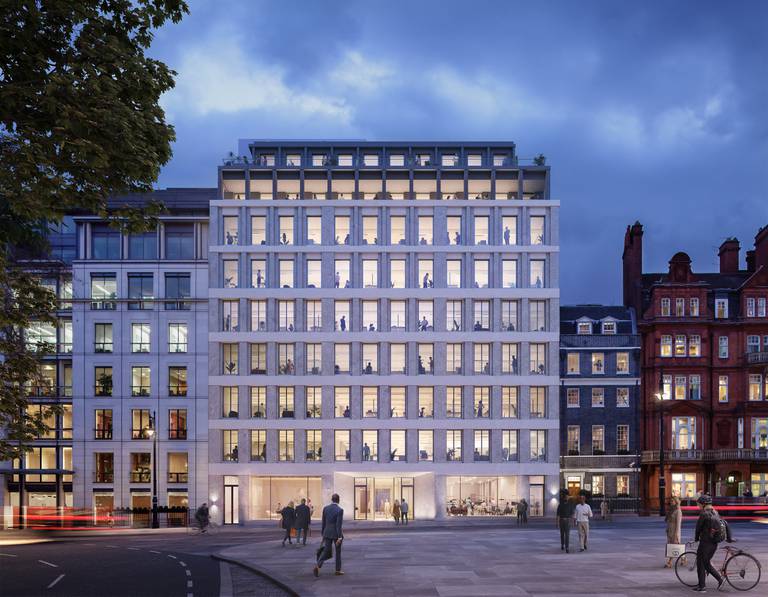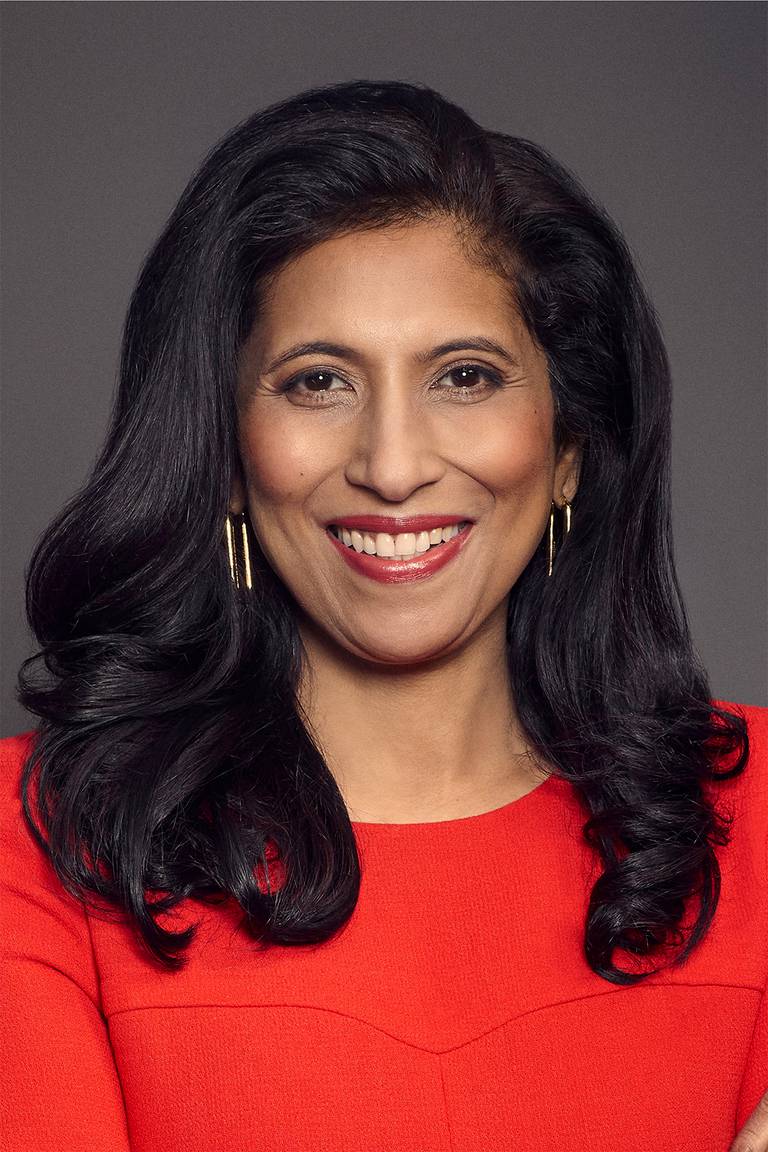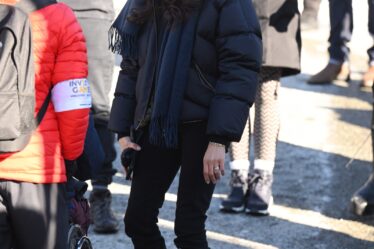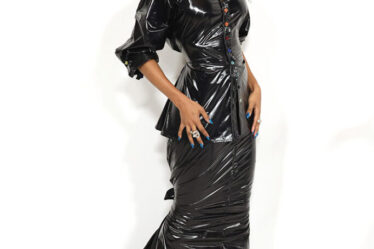
Chanel’s annual revenues rose 17 percent to $17.2 billion in 2022, the first year under a new chief executive Leena Nair, the family-owned French luxury giant said Thursday. Operating profit rose 6 percent to $5.8 billion.
Revenue growth has continued at the roughly same rate so far this year, despite softer US demand, chief financial officer Philippe Blondiaux told BoF. After surging to record highs in recent months, listed luxury firms lost over $30 billion in value this week, in part over subdued performance in the US.
“It’s true in the US we see a softening of trends since November last year, which continued in the first months of 2023,” Blondiaux said.
Still, Chanel’s US sales continue to grow, and the company plans to keep investing “significantly” in the market — including in expanded stores like its new flagship on Rodeo Drive in Los Angeles, which Blondiaux called “probably our most fantastic boutique worldwide.”
Chanel said it plans to double its capital investments worldwide to around $1.2 billion this year, including pouring resources into a new London headquarters as it continues to consolidate and grow its structures in the UK, where it has shifted many corporate and governance functions since 2018. Its 86,000 square-foot campus set to open in 2025 will be the first new build on Mayfair’s Berkeley Square in 20 years.
Under Nair, who joined the company from Unilever last year, the brand is seeking to reinforce its reputation for providing the “ultimate luxury experience” on several fronts: Chanel will invest in rolling out more of its private salons — separate boutiques and dedicated spaces reserved for top clients — as well as technology to power Chanel’s digital infrastructure and online services for clients.
“This is in the spirit of our founder, who always wanted to be a part of what’s next, what’s coming. In order to be a beacon of inspiration, Chanel must always be looking forward,” Nair said.
The brand’s senior leadership recently travelled to Silicon Valley to visit technology leaders and hold exploratory meetings about how emerging technologies like the metaverse and artificial intelligence could impact luxury. Nair said the company will continue to grow its programme of investing in “disruptive capabilities,” in which it has already invested $200 million across 33 start-ups.

E-commerce now accounts for over 20 percent of perfume and beauty sales, Nair said. Still, the brand plans to stick to its strategy of not selling most other products online. “We continue to believe that a physical, immersive experience for fashion and watches and jewellery is so important,” Nair said.
Supply chain investments, such as a recent deal to invest alongside Brunello Cucinelli in an Italian producer of cashmere thread, will be another focus. “Vertical integration of our supply chain is absolutely critical,” Blondiaux said. “It’s a massive competitive advantage.”
While Chanel is investing in growing its retail locations in terms of size, it said it would continue to add new locations to its retail footprint at a moderate pace. The company added just 3 net locations last year for fashion, watches and jewellery, while opening 39 shops for its perfume and beauty division, which is steadily boosting its direct-to-consumer capabilities.
Around half of last year’s revenue growth was due to higher volumes, while price increases accounted for the other half, Blondiaux said. The price of Chanel’s medium Classic Flap bag now exceeds $10,000 following a further price increase in March 2023. Blondiaux declined to rule out further price increases this year, citing potential adjustments for inflation and currency swings.
Editors’ Note: A previous version of this article misstated how much Chanel is investing in its private stores and salons. The brand did not disclose this amount.



